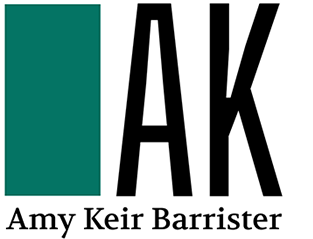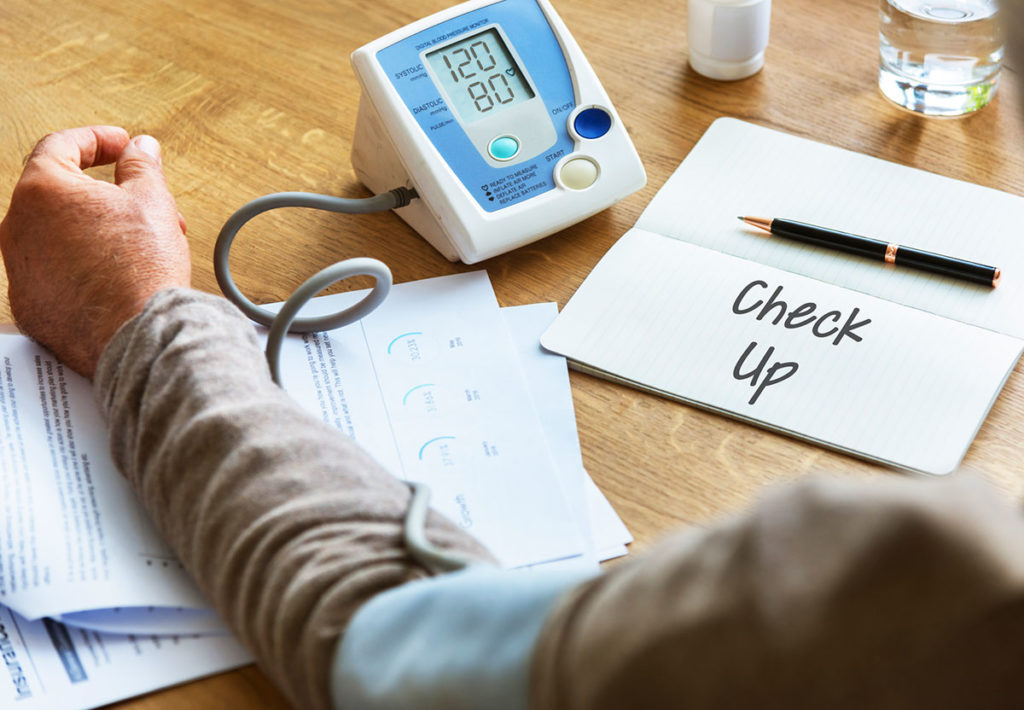It’s been a long time since I posted a new thought on this blog. Like many of you I’ve been managing the terror, and the overwhelm, and the calm, and the extra work, and the laziness and the backlog of lockdown. To say it has been an emotional rollercoaster would be an understatement and, although Christchurch has been close to ‘business as usual’ for a while now, I think we will be experiencing the consequences of this strange year for a while yet.
Which leads me to this thought – what relationship does mental health and wellbeing have to our work. I’ve certainly experienced the lack of motivation and frayed temper that sometimes accompanies difficult periods in my personal life. Sometimes I have reminded myself that I’m lucky that I don’t have to answer to a boss for my productivity and behaviour in the office!
In my practice right now, I believe I am seeing the consequences of the effect of this lingering strain on workers, with a lot of “brain explosion” work. That’s the sort of work that comes to an employment lawyer when an employee does something almost unaccountably stupid. Usually, the explanation lies in a set of circumstances which have pushed people’s emotional resources to the limit over an extended period.
I recall a meeting I attended in the months after the Christchurch earthquakes. The boss and employee, who had been good mates, had fallen out and were both being nasty to each other. The relationship had become untenable. As our meeting concluded, the other lawyer asked the parties where they were when the earthquake happened. It turned out that together, they had worked to rescue a person who was killed by falling masonry. It was a traumatic experience for both of them, and one they had not until that day discussed. I often wonder how much of their conflict originated in that shared experience.
There is now a considerable body of work on the effect of the Christchurch Earthquakes on the people who lived through this period, and I suggest that much of it might be relevant to our current circumstances. It is already supplemented by reputable comment from mental health providers specifically addressing lockdown and Covid 19.
My thoughts for the workplace:
– Be aware of the long term stresses people are carrying – forced and indefinite separation from loved ones overseas, lingering financial and job insecurity and stress (for some for the first time ever), important life goals put on hold (having a family, travelling, relocating).
– Consider debriefing as a team around actions taken during lockdown. There may be lingering feelings about how decisions were made, how people were paid and the general uncertainty we have all suffered. Some staff will be grieving the loss of colleagues made redundant.
– Note the impact of tiredness and burnout – after committing considerable energy to keeping things going during lockdown, or to getting started again post lockdown, or taking on new roles after a restructure, or not getting a mid-year re-charge by way of a planned holiday, getting out of bed might be tougher than ever.
– Some people will still be fearful about catching the virus and working in a space with others. They might be concerned about the environment and safety steps – and reasonably so.
None of this alters an employee’s obligation to behave in accordance with their employer’s reasonable expectations, nor the employer’s obligation to only take actions that are justifiable. However, I suggest that a focus on legal minimum entitlements is unhelpful at this time. It is a type of ambulance at the bottom of the cliff approach. A wise employer would, I suggest, confront these issues head on and before people ‘snap’, and perhaps seek professional support where significant problems are identified in relation to individuals.
Arguably, there are a number of small steps that ought to be taken to ensure the workplace remains safe and healthy in the months to come.
.



